Pest Management Programs for Organic Facilities

Yes, even Organic and certified Organic businesses need pest control services. Once found only in specialty places like health food stores, Organic food is now a regular feature at most supermarkets. Proactive and preventative pest management companies like GreenLeaf Pest Control have a fantastic opportunity to partner with facilities that process also handle Organic products to implement responsible Integrated Pest Management (IPM) programs.
WHAT IS ORGANIC FARMING AND IS IT BETTER?
The word “Organic” refers to the way farmers grow and process agricultural products, such as fruits, vegetables, grains, dairy products and meat. Organic farming practices are designed to meet the following goals:
- Enhance soil and water quality
- Reduce pollution
- Provide safe, healthy livestock habitats
- Enable natural livestock behavior
- Promote a self-sustaining cycle of resources on a farm
MY FACILITY IS ORGANIC OR NATURAL – DOES THAT MEAN NO PESTICIDES?
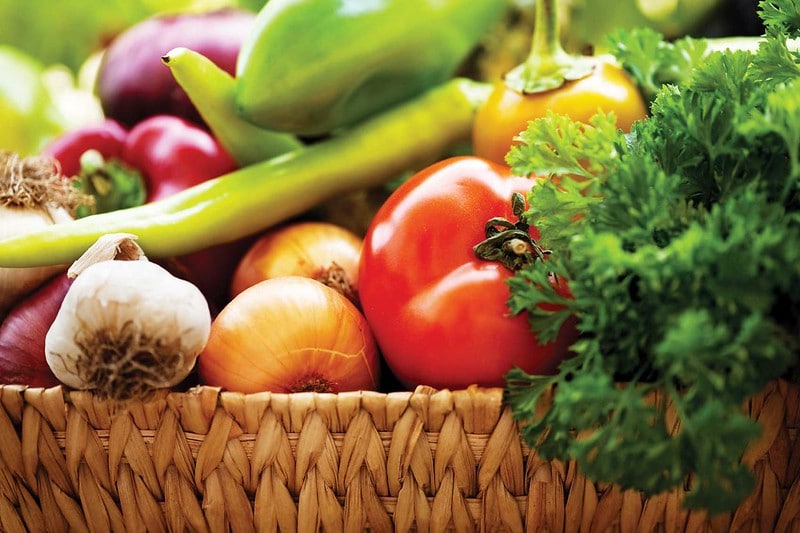
No, by creating a pest management plan that fits the following guidelines set out by the Canadian Organic Standards (COS) or National Organic Program (NOP), pest management professionals can provide effective pest management solutions that perfectly suit the needs of facilities that produce, handle or distribute Organic products.
Firstly, The most common misconception is that no pesticides used in Organic facilities. Secondly, The second most common misunderstanding is that the only commercial pest control products that can be applied in Organic facilities are non-synergized pyrethrin’s, boric acid, Vitamin D3 (cholecalciferol), insecticidal soaps and oils, diatomaceous earth, and some other products that you can find on the Organic production systems: permitted substances list .
The real truth about what pest management professionals can and cannot do in Organic facilities lies in a careful reading of the rules; in adopting a commitment to the intent and spirit in which the rules conceived; and in carefully following the rules as they written. Ultimately it is about following the rules, effective communication and working with your client to not compromise their brand….and yours too!
IN A NUTSHELL…
Like many government documents there are hundreds or pages to read about do’s and don’ts. Here is a very high level summary for food operation/production facilities.
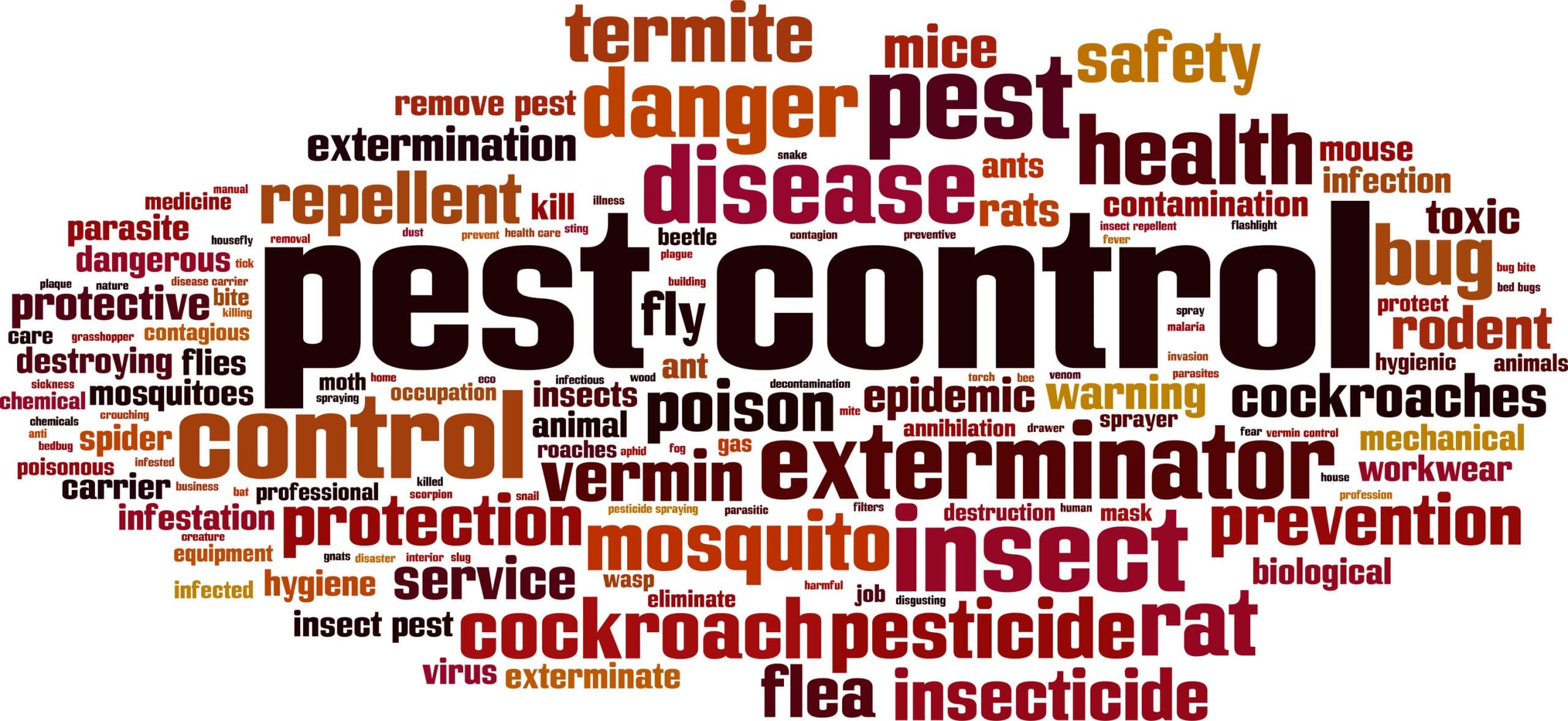
Organic operations in Canada remain subject to all applicable laws and regulations. Substances that appear in CAN/CGSB-32.311, Organic production systems — Permitted substances lists, are subject to the Pest Control Products Act (PCPA) or the Food and Drugs Act (FDA) when used in Canada as pesticides or disinfectants. Health Canada’s Pest Management Regulatory Agency (PMRA) is the federal authority responsible for the regulation of pest control products (including sanitizers) under the PCPA Regulations. Disinfectants regulated by Health Canada’s Therapeutic Products Directorate (TPD) under the FDA Regulations following:
CAN/CGSB-32.310, Organic Production Systems – General Principles and Management Standards, describes the principles and management standard of Organic production systems.
CAN/CGSB-32.311, Organic Production Systems – Permitted Substances Lists, provides lists of substances that allowed for use in Organic production systems.
If you use a pesticide: If pest and disease control substances that are not listed in CAN/CGSB-32.311 are used under any mandatory government program, the operator shall monitor and document their use.
NOTE: In the event of emergency pest or disease treatment, Canadian operators are required to notify their certification body immediately of any change that may affect Organic product certification.
Facility pest management programs and post-harvest pest management programs such as:
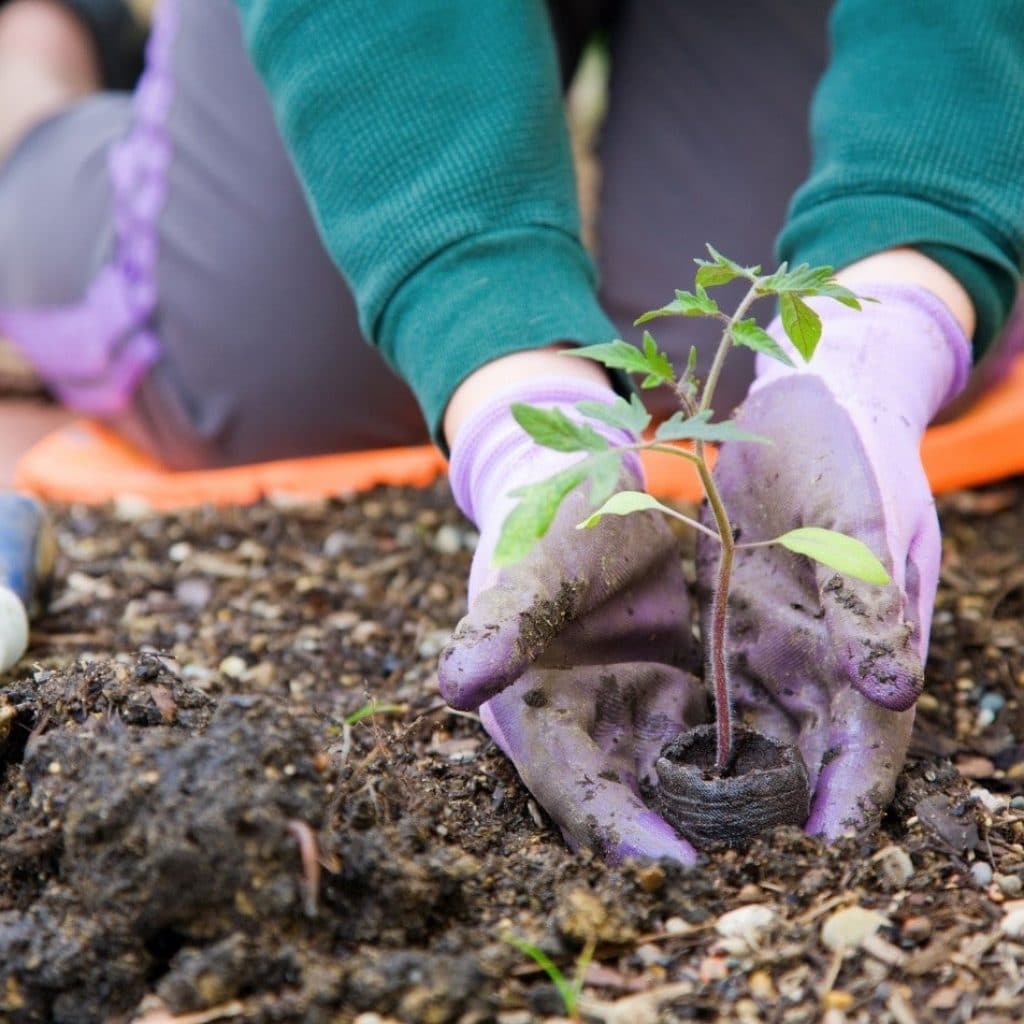
8.3.1 Good production and manufacturing practices can adopted to prevent pests. Pest management practices shall involve the following, in descending order:
- a) the removal of pest habitat and food;
- b) the prevention of access and environmental management (for example, light, temperature and atmosphere), to
prevent pest intrusion as well as reproduction;
- c) mechanical and physical methods, such as traps;
- d) lures and repellents, as listed in Table 8.2 of CAN/CGSB-32.311.
ORGANIC PRODUCTION SYSTEMS : PERMITTED SUBSTANCES LISTS ARE FOLLOWING
Borate (boric acid) |
Mined sources of sodium tetraborate and octaborate permitted as wood preservatives.
Permitted for structural pest control (example: for ants). Direct contact with Organic food or crops is prohibited in the case of products formulated as pesticides. |
Boron |
The following soluble boron products permitted:
a) borate (boric acid); b) sodium tetraborate (borax and anhydrous); and c) sodium octaborate. May only be used when soil and plant deficiencies are documented by visual symptoms or by testing of soil or plant tissue, or when the need for a preventative application can be documented See Table 4.2 Micronutrients. |
Diatomaceous earth |
Non-calcined forms.
May contain substances listed in Table 4.2 (Column 2). |
Pheromones and other semiochemicals |
All sources permitted for pest control. |
Pyrethrum |
May be combined with Formulants used in crop production aids.
See Table 4.2 Botanical pesticides for restrictions. |
Cholecalciferol (vitamin D3) |
Permitted if used outdoors and inside greenhouses for rodent control when methods described in 5.6.1 of CAN/CGSB-32.310 have failed.
Prohibited inside on-farm food processing as well as food storage facilities. |
Organic Handling System Plan
For a pest management professional to become part of the “Organic Handling System Plan” that must be created by companies looking to become Organic with their products, a written pest management program is required. In this program, there will be a great deal of emphasis placed on documentation and inspection, also the pest management program will be structured around a system of monitoring, which includes insect and rodent monitors.
Many pest management professionals have already been using these techniques to control pests in facilities, but now we know that the GreenLeaf Pest Control IPM programs are in fundamental agreement with the rules and guidelines set forth by the Canadian Government, NOP and the many other invested bodies. By formalizing the pest management company’s commitment to the philosophy of Organic handling, facilities that handle Organic products know they can trust the services of pest management professionals to follow the guidelines that allow them to be marketed as Organic.
However, For more information on pest management programs in Organic facilities contact GreenLeaf Pest Control. Our team of highly skilled professionals as well as our robust documentation system, we will ensure compliance with Good Manufacturing Practices for food processing facilities.
ABOUT THE AUTHOR
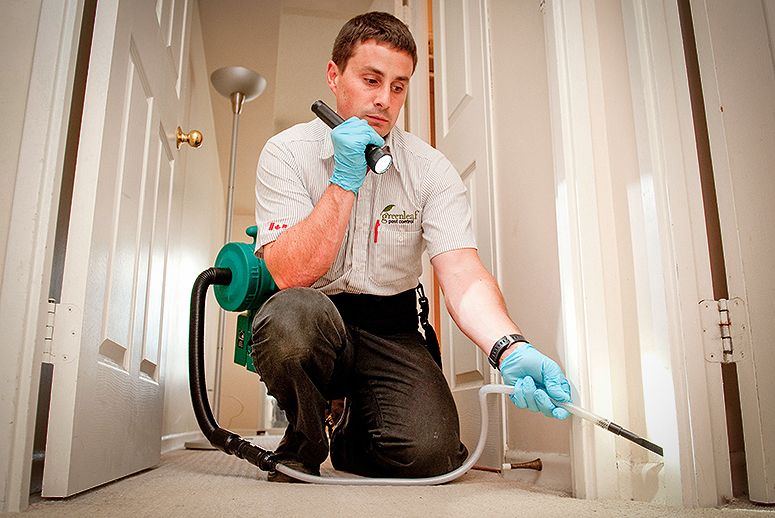
“We are Protects or Public Health”



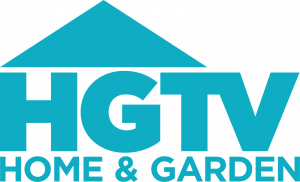
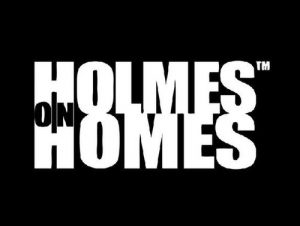
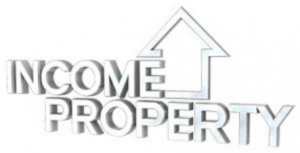
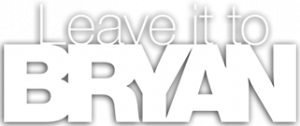







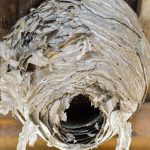
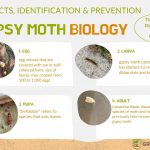
You must be logged in to post a comment.